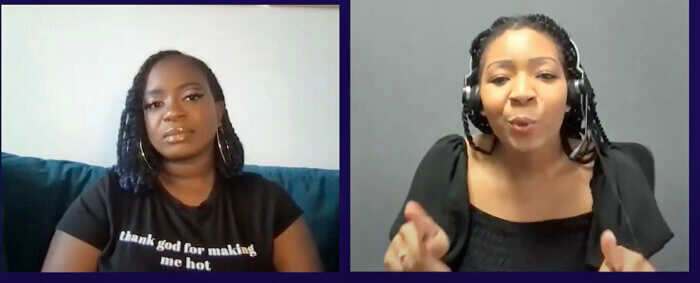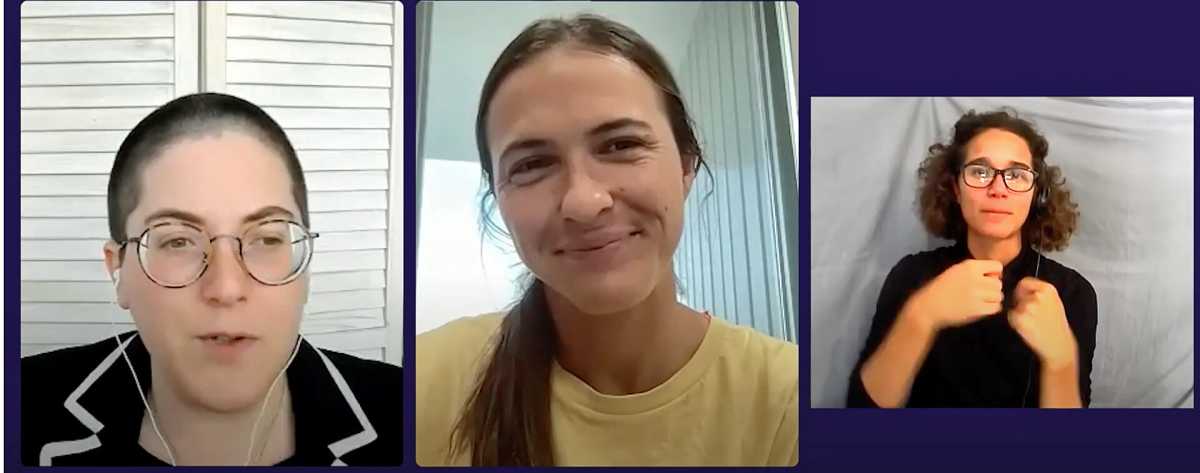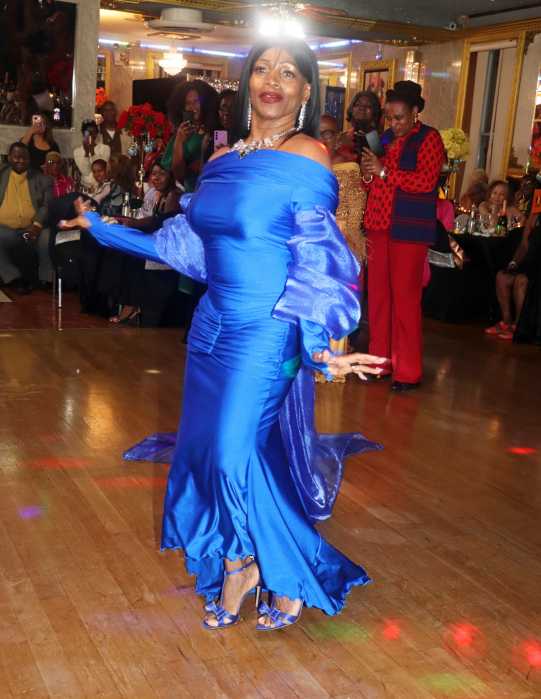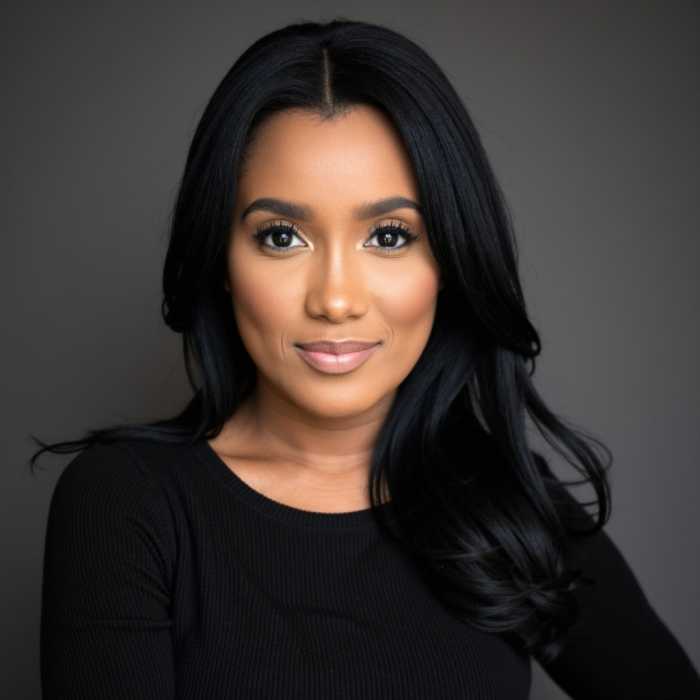On July 12, news organization The 19th held its virtual Disability Pride Month conversation, hosted by its caregiving reporter, and fellow disability advocate Sara Luterman (pronounced Loot-er-man).
In conversation with Luterman were soccer player Carson Pickett, a defender on the Racing Louisville Football Club (part of the National Women’s Soccer League), without a left forearm, as well as advocate and influencer, Raven Sutton, who is a deaf Black woman, going back three generations.
Pickett shared how challenging it was for her to accept her limb difference. “I think it can be quite difficult, especially if you have a physical disability, to grow up in today’s society. I think that it was challenging early on because I just didn’t want to be any different than any of the other girls at school, or on the soccer field, or in life in general,” she said.
She never really had to explain her story much because she was around people her whole life. However, in college, it got to a point where she was only interviewed about her arm and not soccer. Her mom encouraged her to use her story to her advantage.
Additionally, Pickett shared that being on the team has been cool so far, and also what it means to her.
“I think sometimes, especially for me, I’m pretty humble, so I just want to get to the next level. I don’t think about the next level but sometimes it’s nice to step back, after I got my first cap and realized that I did just play for the United States Women’s National Team,” she added. “It’s not always just about soccer but again about the bonds and friendships I’ve made along the way and the amazing people I’ve met that really make soccer exciting.”
Furthermore, a crucial part of why it was so challenging for her growing up was not seeing anyone like her in life or on TV who played soccer with one arm. Thus, she feels a sense of pride in being the person now that she needed growing up.
“Now it’s completely different. Every single time someone messages me, I try and get back to them or if I’m able to see them in a stadium or meet up with them at some point. I love the ability to meet other people that are like me,” she continued.
Sutton shared what it was like for her to first interact with a family member who knew ASL.

“I didn’t really find out until later on, when I actually met my grandmother. for the first time. I was probably around the age of six or seven I believe when I finally saw ASL from another person signing, I saw Black ASL too, and I thought that was just really cool,” she said.
So, really just being immersed into the deaf community and the culture, it was really nice to have a family that I could identify with, we shared a lot of the same things, the same culture, it was a really great experience,” she added.
Sutton was also the first deaf contestant, with her interpreter Paris McTizic (he/him), on Netflix’s reality TV show, The Circle. She also shared how the experience was for her.
“It was a door open to learn about the d eaf culture for other people. They really worked with me, made it accessible for me, and my experience on the show. It was awesome,” she stated.
Sutton echoed Pickett’s sentiment of not seeing many Black deaf people on TV growing up.
“I think maybe one that would have been Marlee Matlin, and then later on, probably in about 2016, Nyle DiMarco. Very few, especially on the big screen growing up, but especially not Black Deaf people,” she said.
Sutton also explained why it’s so inspiring to her being the person she didn’t have growing up.
“It’s an inspiring feeling because it took me a minute. Well, first, I’m on the show, I was enjoying everything. I was like, ‘I think I can do it. I think I can win.’ Later on, it really hit me like, wow, people are really looking up to me now and people actually can see themselves in me,” she added.
Sutton being on The Circle has had a huge impact on hearing and deaf/hard of hearing (HoH) families alike.
I’ve gotten so many messages from parents letting me know that their daughter wants to dye their hair blue, or wants to learn ASL and that’s just really exciting and it was really exciting to see me on TV. It gives me chills just thinking about it.”
Those interested in supporting the 19th and its reporting can donate here: https://19thnews.org/membership/.



























